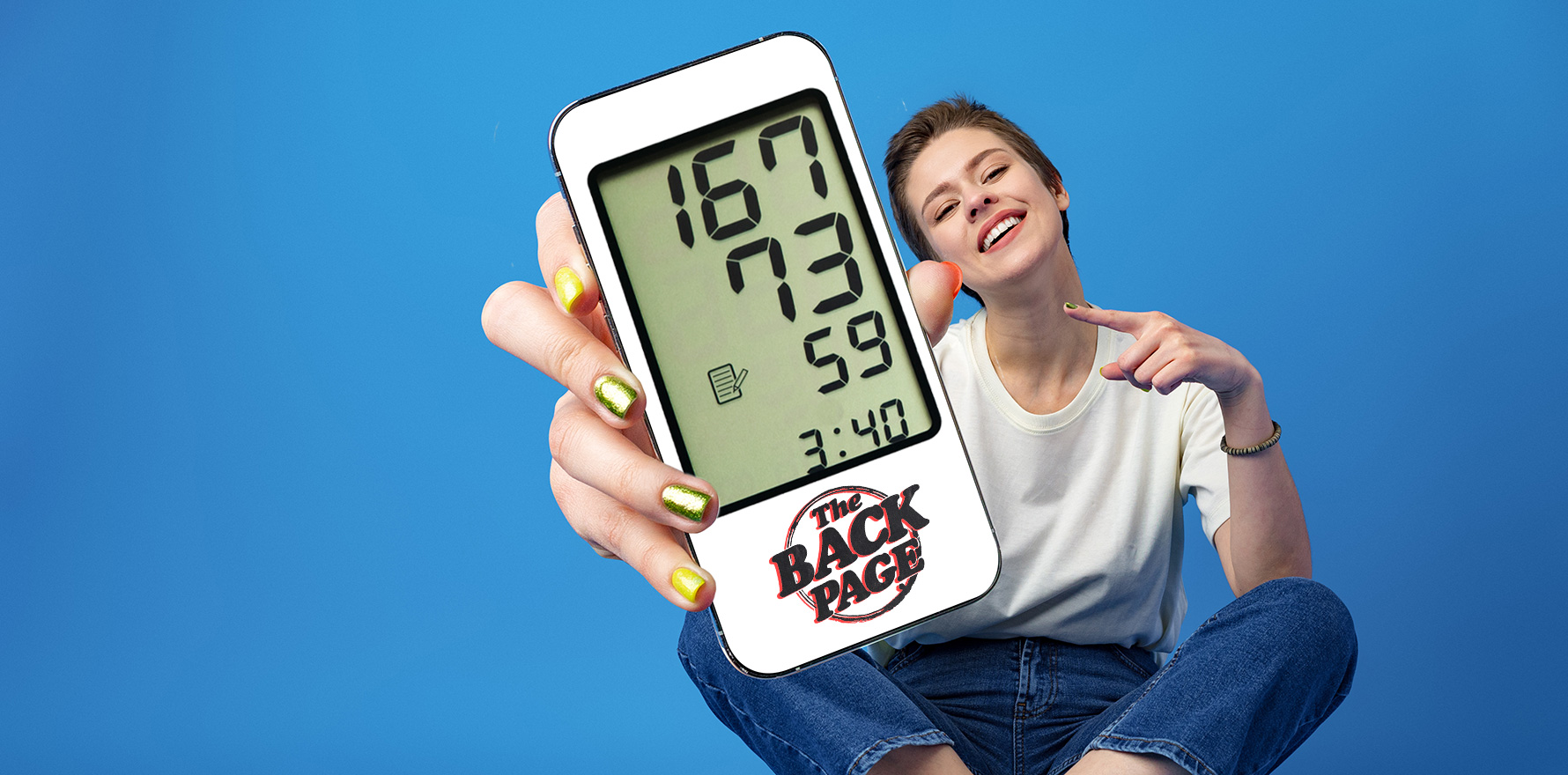People who hate talking on the phone may now have one more reason to let it go to voicemail (it’s not brain cancer).
Your Back Page correspondent is safely on the X side of the generational dateline, but she has always been a millennial in one respect: hatred of talking on the phone.
While some people just love a natter and can go for hours – hours! – we find social conversation with a disembodied voice cognitively demanding, highly prone to distraction and generally a chore.
Conveniently, a Chinese study has come along that seems to show a significant increase in the risk of new-onset hypertension in people who talk on the phone more than half an hour a week.
The team took data from the UK Biobank, a large prospective study with about half a million participants, and selected those who were free from hypertension at baseline and gave full information on their phone habits, including number and length of phone calls per week. Of more than 210,000 subjects, about 14,000 developed hypertension over the 12-year followup (diagnoses were found in linked health records).
The data is ancient in tech terms, dating from 2006-10, and the authors note that the “study populations were predominantly White middle-aged or older adults and healthier than the UK general population”, so the results may not generalise.
But they got a clear signal.
Mobile phone users were 7% more likely than “non-users” to develop hypertension. And compared with people who spent less than five minutes per week talking on the phone, those who spent increasing amounts of time per week were increasingly likely, in a significant and dose-dependent way, to develop hypertension, with a 25% increased risk for the six-hours-plus group.
This was adjusted for age, sex, body mass index and a whole host of other factors including length of mobile phone use (i.e. time since getting a phone), and hands-free device/speakerphone use. None of them significantly modified the association.
Genetic risk profiles for hypertension were also considered, and while genetic risk did not significantly modify the association, “those with both longer weekly usage time of mobile phones for making or receiving calls and high genetic risk had the highest risk of new-onset hypertension”.
The authors say the mechanisms behind the association are not yet clear, but because they adjusted for speaker/hands-free use, they could rule out at least one slightly mystifying hypothesis: “the forearm lift, in conjunction with the static handshake exercise, a typical telephoning position, may increase sympathetic activity and lead to a short-term increase in plasma adrenomedullin levels, thereby increasing blood pressure levels”.
Other candidates are that “the high frequency of mobile phone use might be linked to adverse mental health and sleep disorders, both of which can lead to vascular damage” and thence elevated blood pressure; and that our old friend RF-EMF radiation from mobile phones can cause various kinds of molecular and cellular damage, “including DNA damage, oxidative stress, and inflammation, all of which might contribute to the pathogenesis of hypertension” (why the hands-free wouldn’t ameliorate this as well, the Back Page cannot say).
They conclude that reducing phone talk time might play a role in primary prevention of hypertension – you can have our headline as a public health slogan for free.
Sending story tips to penny@medicalrepublic.com.au beats ACE inhibitors for lowering blood pressure.


